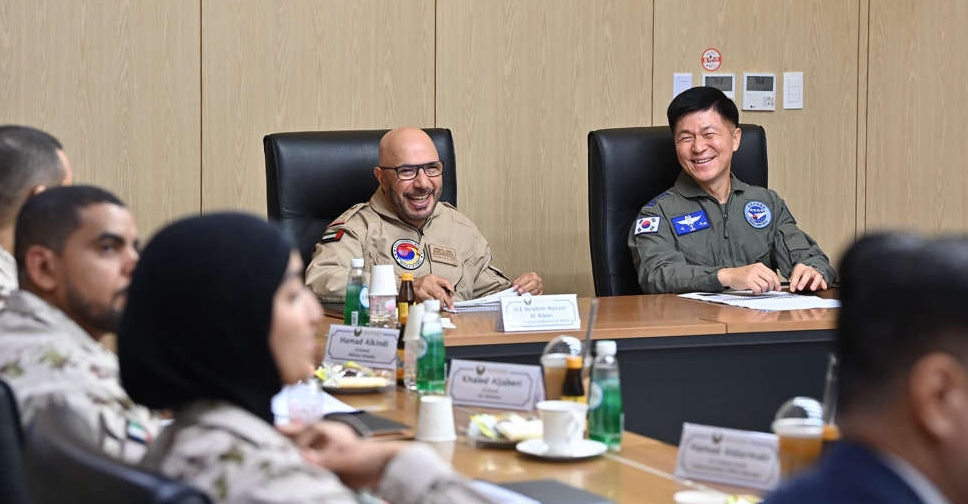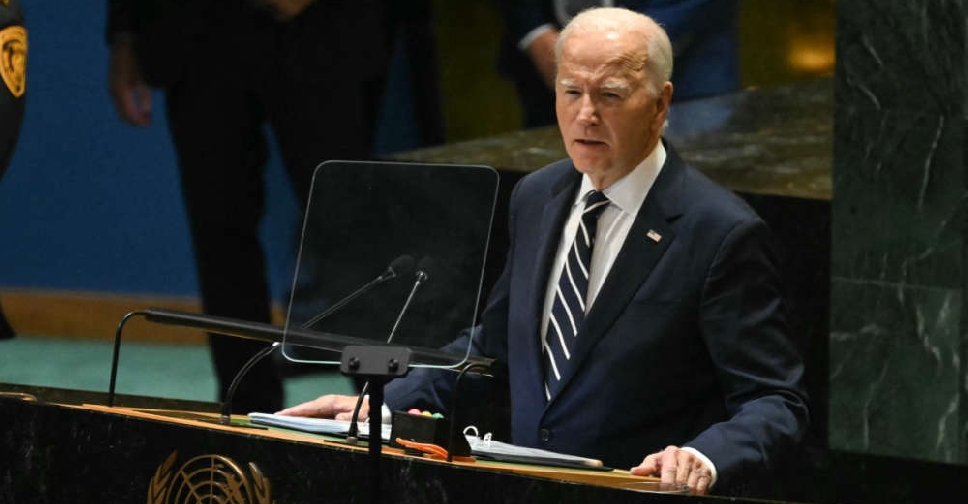
US President Joe Biden addressed world leaders at the United Nations for the final time on Tuesday, declaring that Russia's war in Ukraine has failed and that a diplomatic solution between Israel and Lebanon's Hezbollah was still possible.
With four months left in office, Biden stepped up to the green-marbled lectern at the UN General Assembly with wars in Ukraine, the Gaza Strip and Sudan still raging and likely to outlast his presidency, which ends in January.
He sought to calm tensions as the nearly year-long war between Israel and Hamas in the besieged Gaza Strip now threatens to engulf Lebanon - where Israel targeted more than a thousand Hezbollah targets on Monday.
"Full scale war is not in anyone's interest, even if situation has escalated, a diplomatic solution is still possible," he told the 193-member UN General Assembly.
To a round of applause, Biden called on Israel and Hamas to finalise the terms of a Gaza ceasefire and hostage release deal put forward by the US, Qatar and Egypt.
Biden's presidency has also been dominated by Russia's February 2022 invasion of Ukraine. Ukrainian President Volodymyr Zelenskiy was in the assembly hall to hear Biden speak and emphasize US support for his country.
"The good news is Putin's war has failed at his core aim. He set out to destroy Ukraine, but Ukraine is still free," said Biden.
"We cannot grow weary, we cannot look away, and we will not let up on our support for Ukraine, not until Ukraine wins with a just, durable peace," he said.
Russia controls just under a fifth of Ukraine, including about 80% of the Donbas area. Russian forces have begun storming the eastern Ukrainian town of Vuhledar, a stronghold that has resisted Russian attack since the beginning of the war, according to Russian war bloggers and state media.
Biden is due to hear from Zelenskiy about a new Ukrainian peace plan when they meet in Washington on Thursday. A US official said the plan is probably much like previous plans calling for more weaponry and support for Ukraine's fight.
Countering China and Iran, which backs both Hamas and Hezbollah, have consumed major chunks of the president's time.
Biden said on Tuesday that progress toward peace in the Middle East would put the world in a stronger position to do "with the ongoing threat posed by Iran."
He said the United States was seeking to responsibly manage competition with China so it does not veer into conflict.
"We stand ready to cooperate on urgent challenges," he said. "We recently resumed cooperation with China to stop the flow of deadly synthetic narcotics. I appreciate the collaboration. It matters for the people of my country and many others around the world."
Biden also had strong words for the leaders of Sudan's warring parties: "End this war now."
His UN speech is the centrepiece event of a two-day visit to New York that includes a climate speech later on Tuesday and a meeting on Wednesday with To Lam, the president of Vietnam.
Biden has been eager to deepen relations with the strategic Southeast Asian country and manufacturing hub to counter Russia and China, with which Vietnam also retains ties.
Ukraine and Russia, Gaza, Iran and China all figure to linger on as challenges for the next president, whether Biden's successor is his vice president, Kamala Harris, a Democrat, or former President Donald Trump, a Republican.
Harris' approach to foreign policy is much like Biden's, although she has struck a tougher tone on the tens of thousands of Palestinian deaths and the humanitarian crisis in a Gaza Strip devastated by Israeli assaults.
Trump, professing more isolationist tendencies, has little enthusiasm for supporting Ukraine's battle to expel Russian fighters and is a firm backer of Israeli Prime Minister Benjamin Netanyahu, who has frayed relations with Biden.
Biden has expressed steadfast support for Israel in its drive to eliminate Hamas from Gaza but so far has been unsuccessful in his bid to negotiate a ceasefire-for-hostages deal and no breakthrough is in sight.
Under Biden's leadership, the United States has funneled millions of dollars in American weaponry to Ukraine and rallied NATO solidarity behind Kyiv. But the conflict is largely at a stalemate with Russia hanging on to parts of eastern Ukraine it seized early in the war.

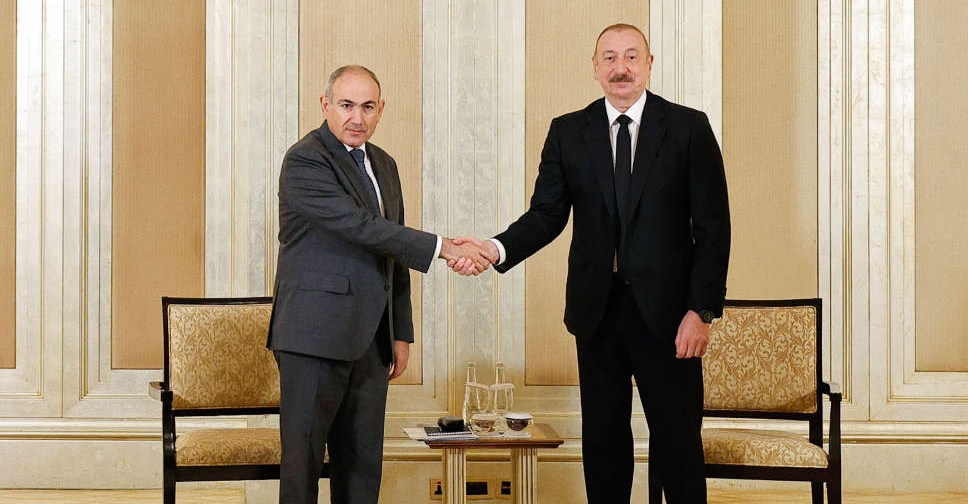 Azerbaijan and Armenia to sign peace agreement, White House says
Azerbaijan and Armenia to sign peace agreement, White House says
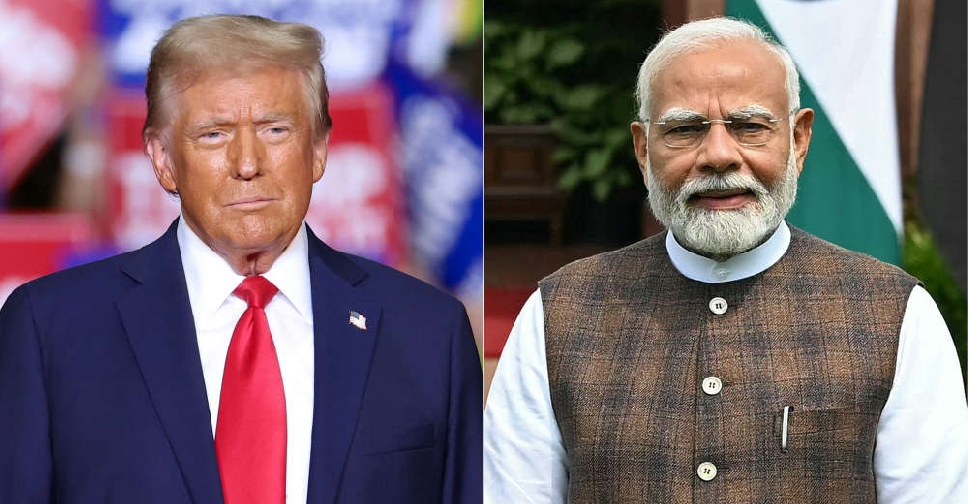 India pauses plans to buy U.S. arms after Trump's tariffs
India pauses plans to buy U.S. arms after Trump's tariffs
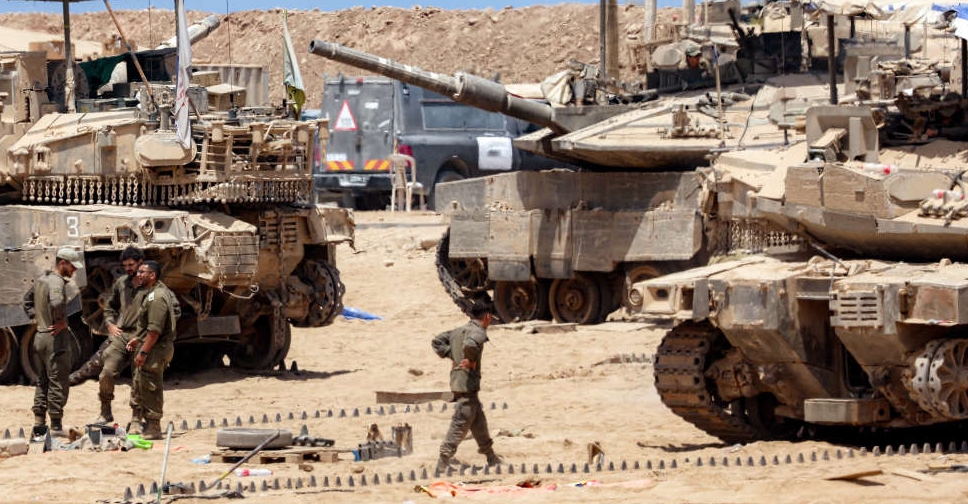 Germany halts military exports that could be used in Gaza, Merz says
Germany halts military exports that could be used in Gaza, Merz says
 Xi orders 'all-out' rescue as floods kill 10 in northwest China
Xi orders 'all-out' rescue as floods kill 10 in northwest China
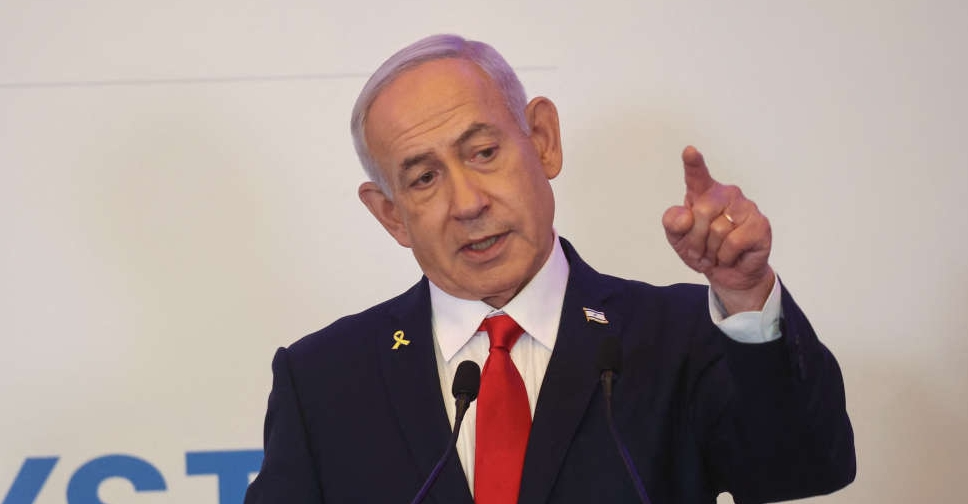 Israel approves plan to take control of Gaza
Israel approves plan to take control of Gaza

